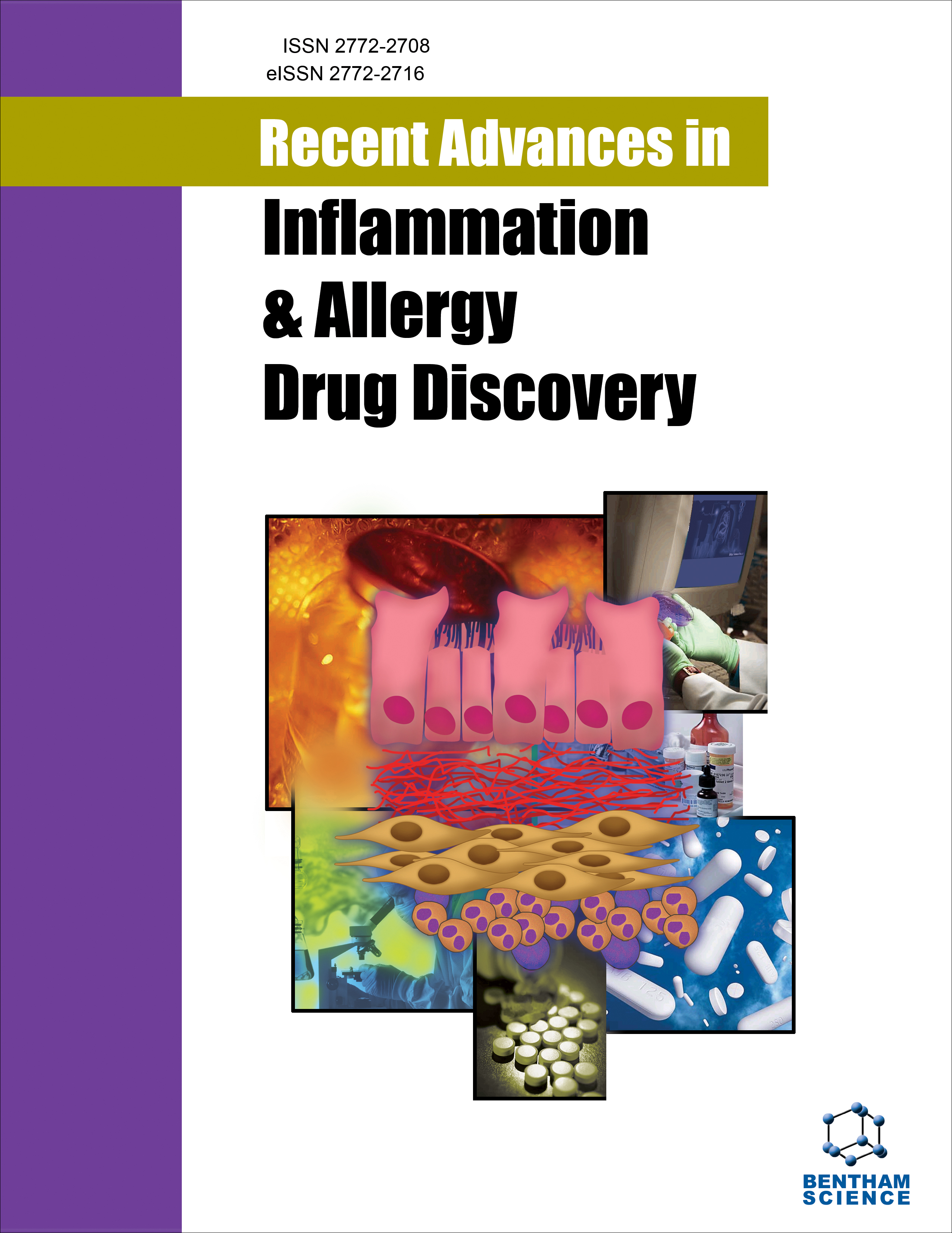
Full text loading...
This study aimed to characterize oral and gut microbiota of children with high dmft index and caries-free children at phylum, family and species levels as well as to evaluate the effect of Streptococcus salivarius M18 DSM 14685 (Carioblis) administration on microbiota composition of caries active children.
Ten children with active caries and nine caries-free children have been recruited. Four samples from different oral niches and stools were collected from each patient for the NGS sequencing of 16s Microbiota rDNA by S5 Ion Torrent.
Our results revealed modifications in the microbiota composition of teeth, saliva and vestibular regions of the oral cavity and faecal samples in the presence of dental caries. These changes were evident at the family and species levels, with no significant differences found at the phylum composition level. In particular, Streptococcaceae were positively correlated to the high degree of caries in all niches, and the analysis at the species level led to the identification of 39 bacterial species significantly modulated in the analyzed groups. The use of probiotic seemed to exert beneficial effects on oral but not on faeces dysbiosis. The intestinal tract was confirmed to have a different microbiota composition compared to the oral cavity.
Dental caries mainly lead to modifications in the oral microbiota composition. Streptococcus salivarius M18 DSM 14685 administration determines a shift in the oral microbiota composition towards a healthier state. Concerning the gastrointestinal tract, our study found for the first time that caries cause the increase of two bacterial species, related to other disorders: Bifidobacterium adolescentis and Ruminococcus torques.

Article metrics loading...

Full text loading...
References


Data & Media loading...
Supplements

